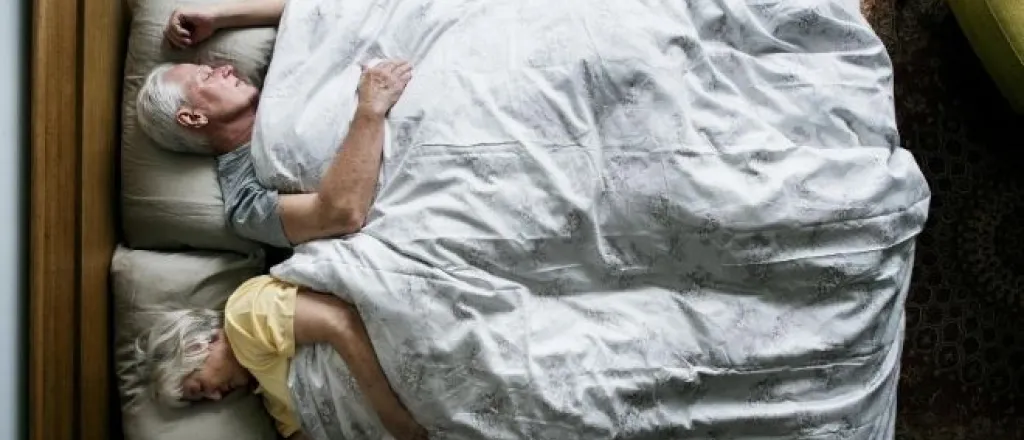
External Factors That Impact Sleep
Poor sleep is prevalent across the world—millions of people report experiencing insufficient sleep quality. People may have a hard time falling and staying asleep through the night for many reasons. Poor sleep can be the result of internal issues such as stress or health conditions, but external factors that are within one’s control may also cause it. By altering such environmental factors, you may be able to start enjoying a more restful night’s sleep. To learn about some of the external factors that impact sleep, continue reading.
Noise
An obvious external factor that impacts one’s sleep is noise. It’s no secret that loud noises such as the sounds of traffic or noisy neighbors can impede sleep, but some people might be surprised to learn that even relatively soft noises can reduce sleep quality. For example, if you leave the television on while you sleep, the noises from the TV will prevent your mind from fully resting. Instead, the sound will constantly stimulate your brain even if you’re asleep, which can reduce the quality of your sleep.
To optimize your sleep quality, it’s important to reduce noise in your bedroom as much as possible. To do so, consider wearing ear plugs, turning off the radio or TV, and adding mineral wool insulation to your walls or acoustic panels to your ceiling to block out outside noises.
Temperature
Another environmental factor that can affect your sleep is the temperature of your room. If you keep your thermostat on the warm side, your sleep will likely suffer. When you become drowsy, your body temperature naturally starts to dip. If your room is too warm, the environmental temperature can interfere with your body’s ability to lower its temperature and prepare for sleep.
However, that doesn’t mean cranking down your thermostat will necessarily help you sleep better. If your room is too cold, you may feel uncomfortable and wake up in the middle of the night shivering. Ideally, the temperature in your bedroom should be between 60 and 67 degrees Fahrenheit so that the air is cool but not so cold that it causes discomfort.
Light
Light can also have a large effect on the quality of your sleep. If your body is exposed to light during the nighttime, its internal circadian rhythm, which regulates the sleep-wake cycle, can become disrupted. Essentially, the light exposure tricks the body into thinking that it’s daytime and that it should be awake. As such, the natural signals that are typically sent out at nighttime to help the body prepare for sleep are disrupted. To maintain a healthy circadian rhythm, it’s important to block out light in your bedroom as much as possible during the nighttime—especially blue light, which is known to prevent your body’s production of melatonin.
















